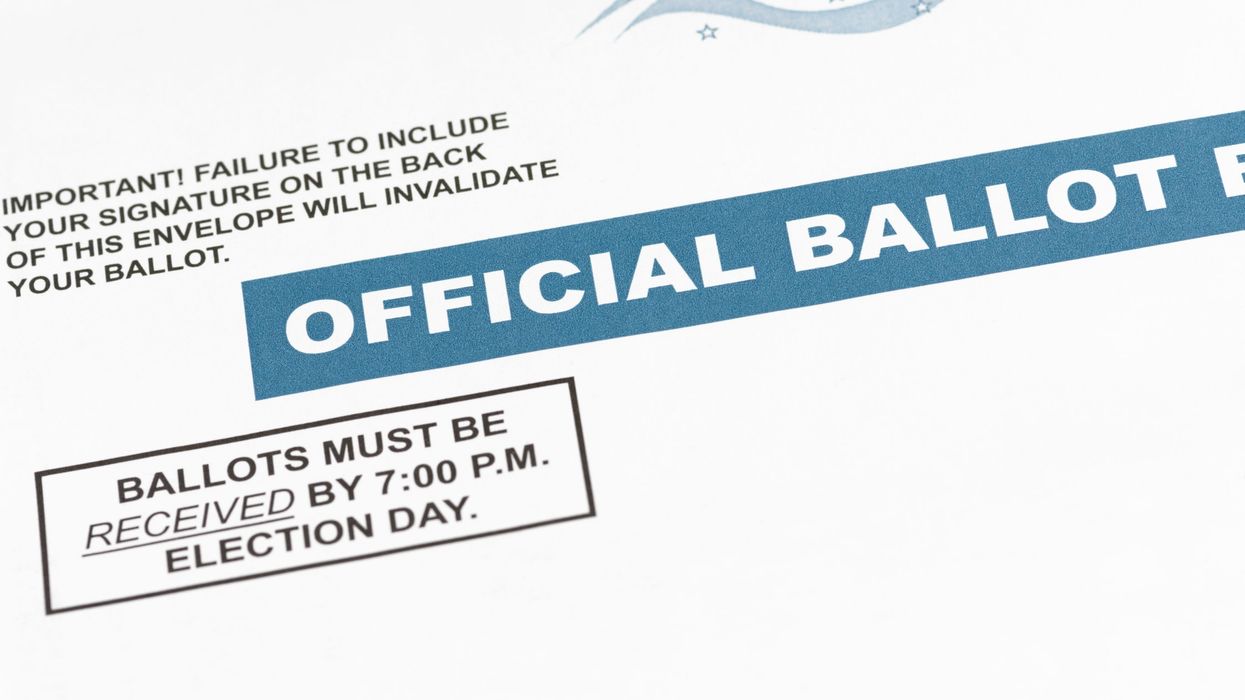Disability and seniors' rights groups are suing Pennsylvania to count absentee ballots that are postmarked on time but get delayed in the mail for as long as a week.
The lawsuit asks the state Supreme Court to declare the current rules in violation of the state constitution in light of the coronavirus pandemic. Currently, mailed ballots only get counted if they arrive at local election offices by the time the polls close.
Filed late Monday, the lawsuit is the latest in a wave of litigation hoping the public health crisis will provide the necessary leverage to ease election regulations in battleground states.
The lawsuit argues the surge of Pennsylvanians taking advantage of the state's no-excuse absentee voting rules this spring could be punished through no fault of their own. The inevitable backlog in fulfilling so many ballot applications will be compounded by slowed deliveries to the voters and back again, since the Postal Service has been hobbled by the Covid-19 outbreak.
More than 600,000 requests for mailed ballots had been made as of Thursday, seven times as many as voted absentee in the 2016 primaries, when both parties' presidential nominations were still hotly contested.
In Allegheny County, where Pittsburgh is located, officials have so far processed only 20,000 of the 71,000 applications received, the lawsuit states.
The plaintiffs say their aim is to avoid a repeat of Wisconsin. That problem-plagued primary three weeks ago has prompted an investigation by the Postal Service into reports of requested absentee ballots never getting delivered or arriving at voters' homes after Election Day. (The Supreme Court refused to extend the deadline for absentee voting despite the pandemic.)
Disability Rights Pennsylvania and SeniorLAW Center are among the plaintiffs in the new suit against Democratic Secretary of the State Kathy Boockvar.
Last week, the state's Alliance for Retired Americans filed a similar lawsuit. It also asked a state court to make Boockvar provide a postage-paid return envelope with every absentee ballot and permit voters to have help in completing their forms.
The Democratic presidential race is effectively over, and there's not much competition for the congressional and state legislative nominations in Pennsylavnia's primary, now delayed six weeks to June 2. But the state's 20 electoral votes will be one of the most hotly contested prizes in the fall. Last time President Trump carried the state by 44,000 votes, or 7 tenths of a point, breaking a six-election winning streak for the Democrats. Polling currently shows former Vice President Joe Biden with a narrow edge.




















Trump & Hegseth gave Mark Kelly a huge 2028 gift